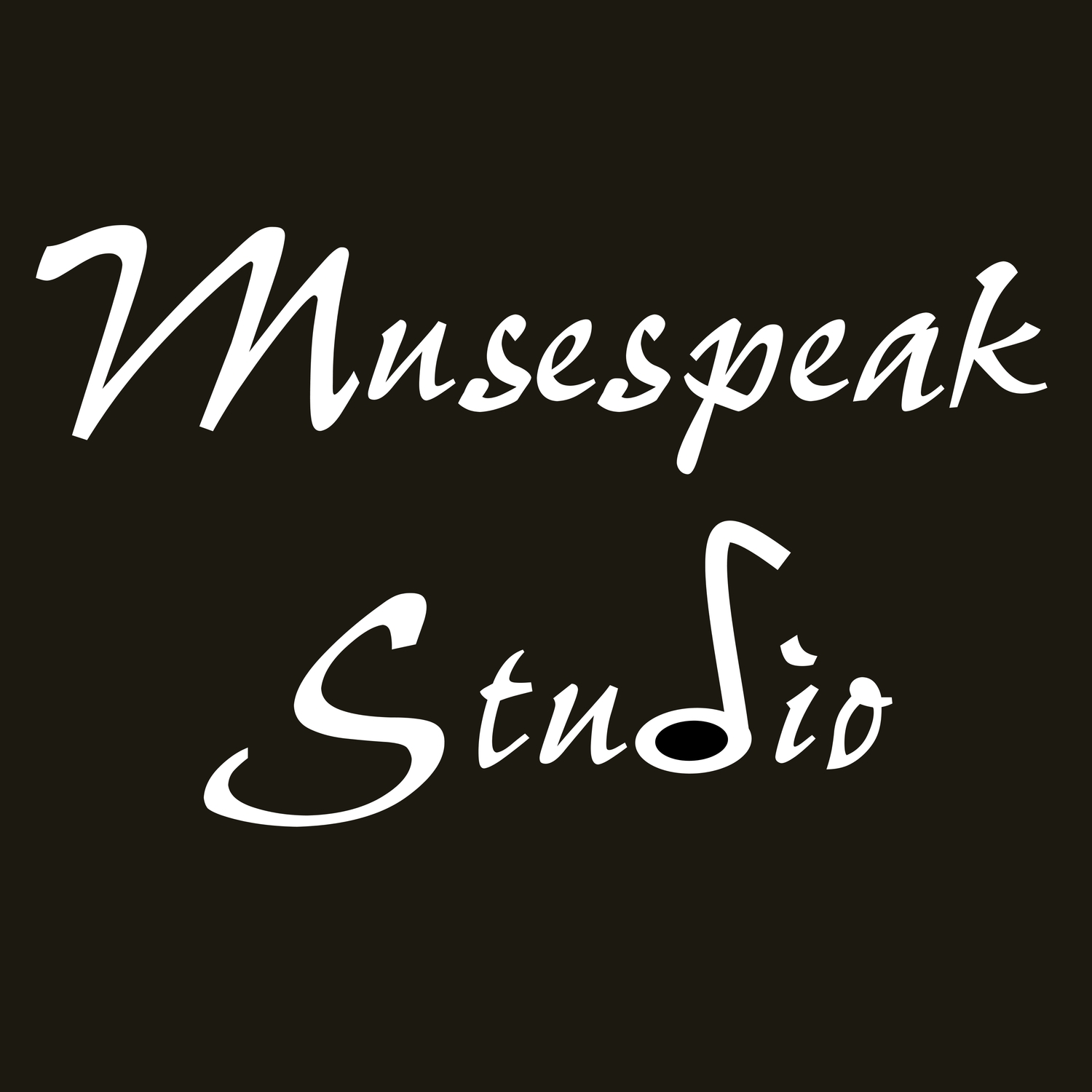
Music educators who teach privately often work in isolation. Continuing education and professional development can re-energize one's teaching and musicianship.
Private music teachers wear a variety of hats in addition to teaching, such as: administrator, guidance counselor, mentor, coach, amateur-psychologist, marketing and salesperson, computer IT troubleshooter, webmaster, bookkeeper, ensemble musician and collaborative pianist.
The private music teacher faces the unique challenge of developing curricula tailored to each student. In addition, the studio music educator needs to learn how to switch gears and approaches quickly. The first student of the day may be a hyper five-year old, but the next student may be a serious 15 year-old, followed by a self-conscious 53 year-old. Each student requires a different approach, teaching and communication style to keep them engaged and progressing at a steady rate.
This rapid pace often leaves little time to practice scales, much less commit to professional development. However, by dedicating time for ongoing professional development, the private music teacher can learn about new techniques, tools and ideas and return to their studios re-energized by a fresh perspective.
Independent Professional Development Ideas for Music Teachers
Establishing personal learning goals for the term is one way music teachers can keep their own musicianship and technical skills in shape. For instance, piano teachers can decide to work through Bach's Inventions one by one or a set of character pieces by an unfamiliar composer. Voice teachers could work through a song cycle by an emerging composer.
All teachers could work their way through the repertoire for the conservatory system(s) they have adopted in their studio (e.g. Royal Conservatory/National Conservatory of Music of America, Conservatory Canada, Canadian National Conservatory of Music, London Conservatory of Music).
In larger city centers, there are community and professional musical clubs such as the Musicians' Support Group or Piano Diploma Association (both in Calgary, Alberta, Canada). These groups meet once a month for members to perform for each other.
Other performing ideas including joining a community ensemble, such as a choir or jazz combo, playing at church, as well as performing at events such as weddings, funerals, social and corporate functions.
Music educators can learn about new techniques and tools by reading professional publications. The American Music Teacher, Canadian Music Teacher, Clavier and Keyboard Companion are examples of print publications.
There are also online discussion forums for music teachers, such as Teachers.net, and the can-pno-ped Group on Yahoo Groups to discuss music pedagogy, studio administration and life/work balance.
Continuing Education Courses for Music Teachers
Studying with a teacher who is more experienced is another way to keep for music teachers to keep growing. Every teacher's training and "pedigree" is unique, making it possible to learn new approaches with each teacher.
Learning a new style from a teacher who is more experienced in a that particular genre can re-energize a music teacher's own playing. It is far easier for a classically-trained musician to teach bossa nova, improvisation and jazz after signing up for some coaching sessions.
Taking up a new instrument as an adult may sound daunting. However, one's overall musicianship stands to benefit from doing so. By learning new technique on the new instrument, music teachers may come to realize where they have been unconsciously storing tension developed from having poor posture or learn how to play more expressively on their primary instrument.
Music teachers can continue their education in their field. Graduate courses for teachers are available in Music Performance, Conducting, Composition and Pedagogy. Some universities, such as the University of Ottawa, offer online education for music teachers. The Royal Conservatory of Music is one of several conservatories worldwide that offers a Licentiate program.
Music teachers can benefit from taking continuing their music education in a related field, such as the Feldenkrais method, the Alexander Technique, general pedagogy or psychology courses. Even learning new software to use when teaching or to improve office processes would be beneficial.
There are numerous workshops, conferences and seminars on music performance, music pedagogy, composition, collaborative music and theory. The Music Pedagogy International Conference, the National Conference on Keyboard Pedagogy, the Music Teachers National Association and the Canadian Federation of Music Teachers' Associations host conferences on an annual or bi-ennial basis.
The Banff Centre for the Arts, the Eastman School of Music, the Calgary Arts Summer School Association and the Heifetz International Music Institute offer courses and workshops annually.
Music educators can also gain new ideas and build a support base by joining a professional network, such as the Music Teachers National Association (MTNA), the Canadian Federation of Music Teachers' Associations (CFMTA), Alberta Piano Teachers' Association (APTA) or the Alberta String Association (ASA).
There is a Japanese proverb that says, "To teach is to learn." Music teachers can re-energize their teaching and develop their own musicianship by dedicating time to professional development. Through independent study projects and reading, music teachers can maintain their own playing skills. Music teachers can keep their performance chops up and stay in tune with the performing challenges their students face by performing regularly.
Through courses and professional associations, music educators can learn about new techniques and tools to incorporate into their studio and build a support base. By getting involved with the musical community, the stresses and frustrations that come from working in isolation can be diminished.
Sources
Music Teachers' Helper. "Skill Upgrades for Music Teachers" (October 30, 2009)
Suite101.com. "Teacher Professional and Personal Development" (December 21, 2009)
Originally published on Suite101.com on January 20, 2010. Updated March 24, 2013.
